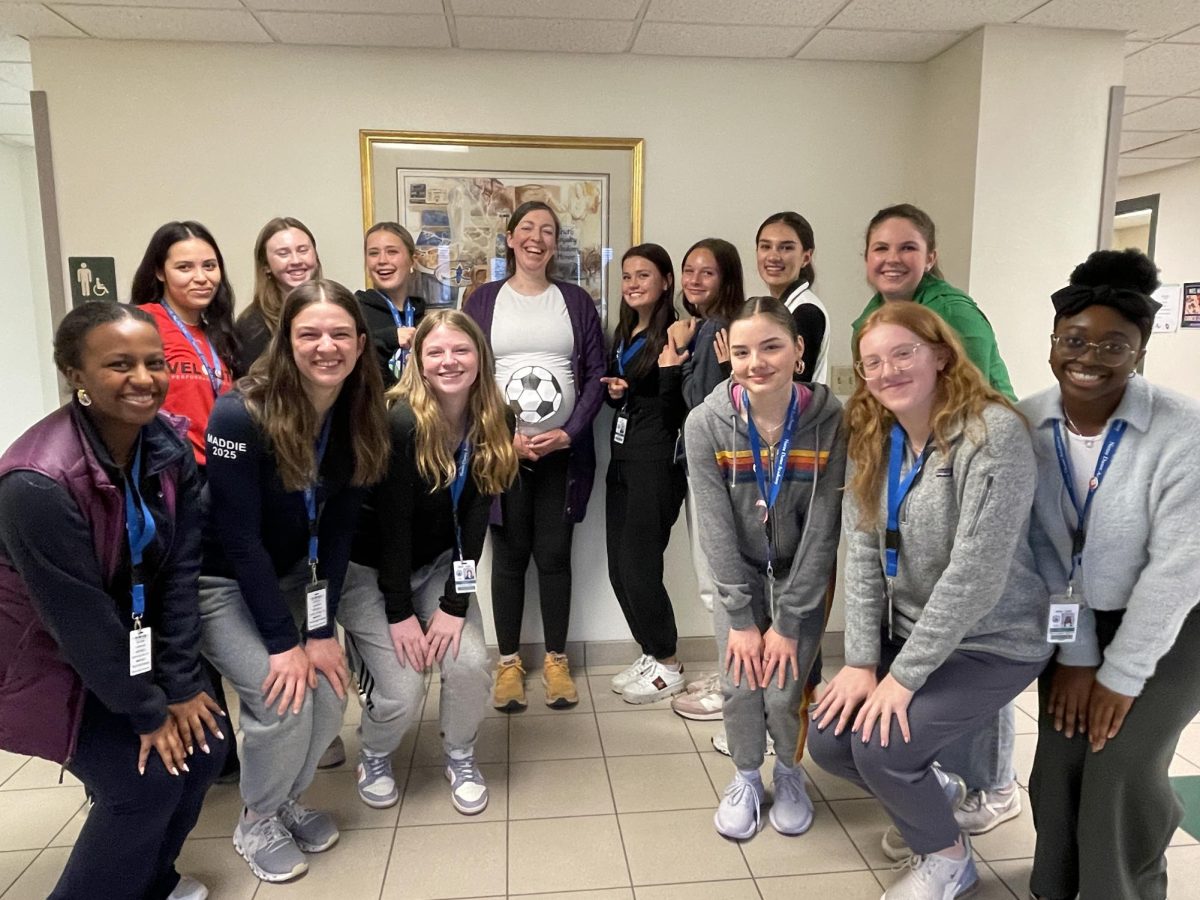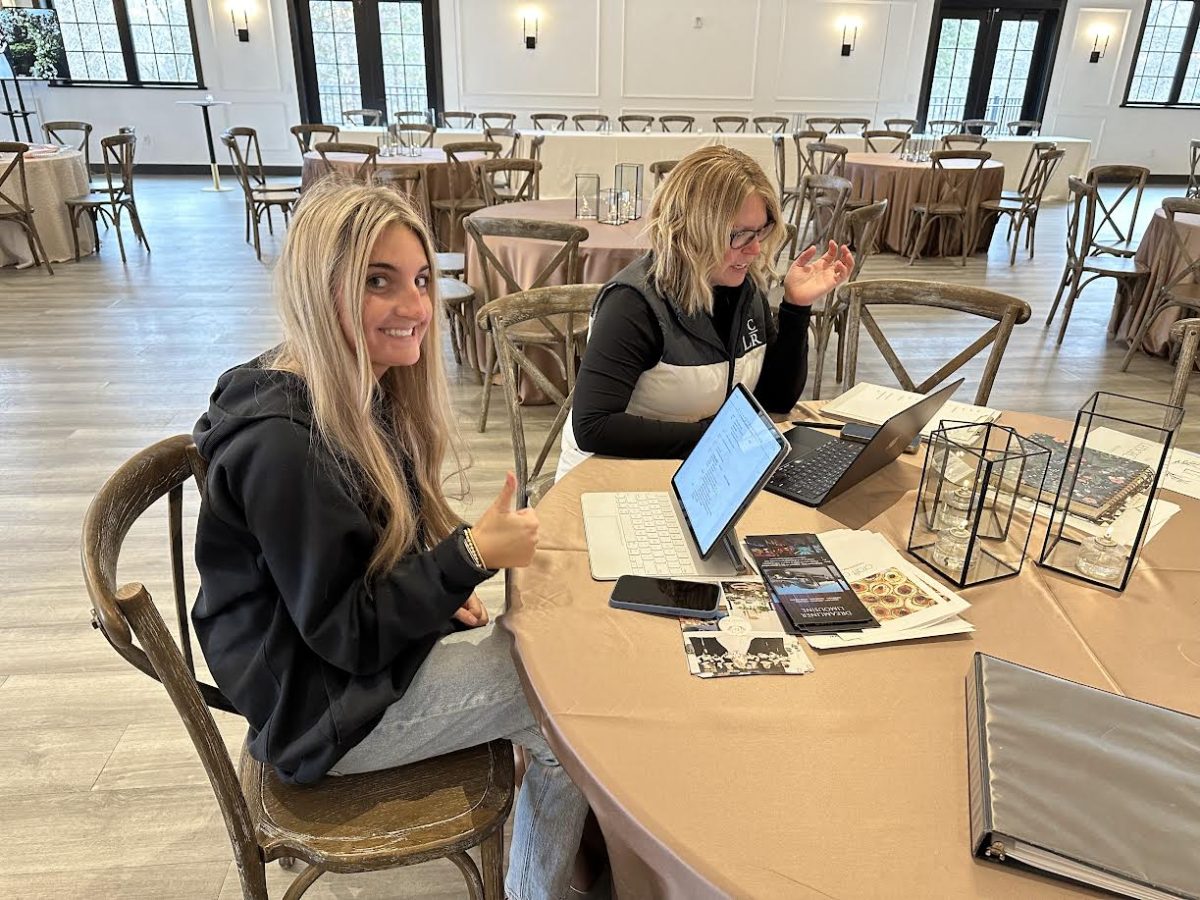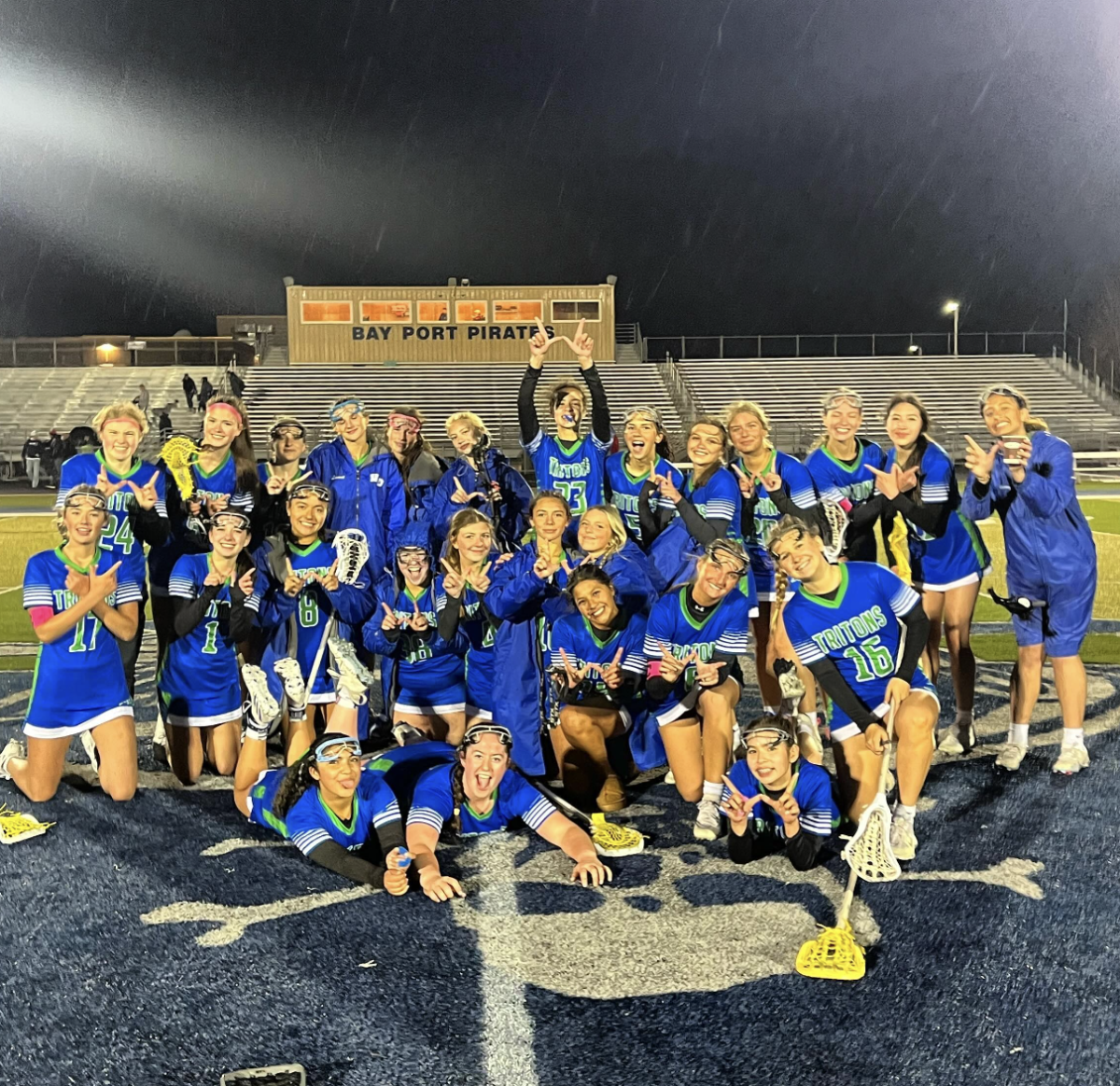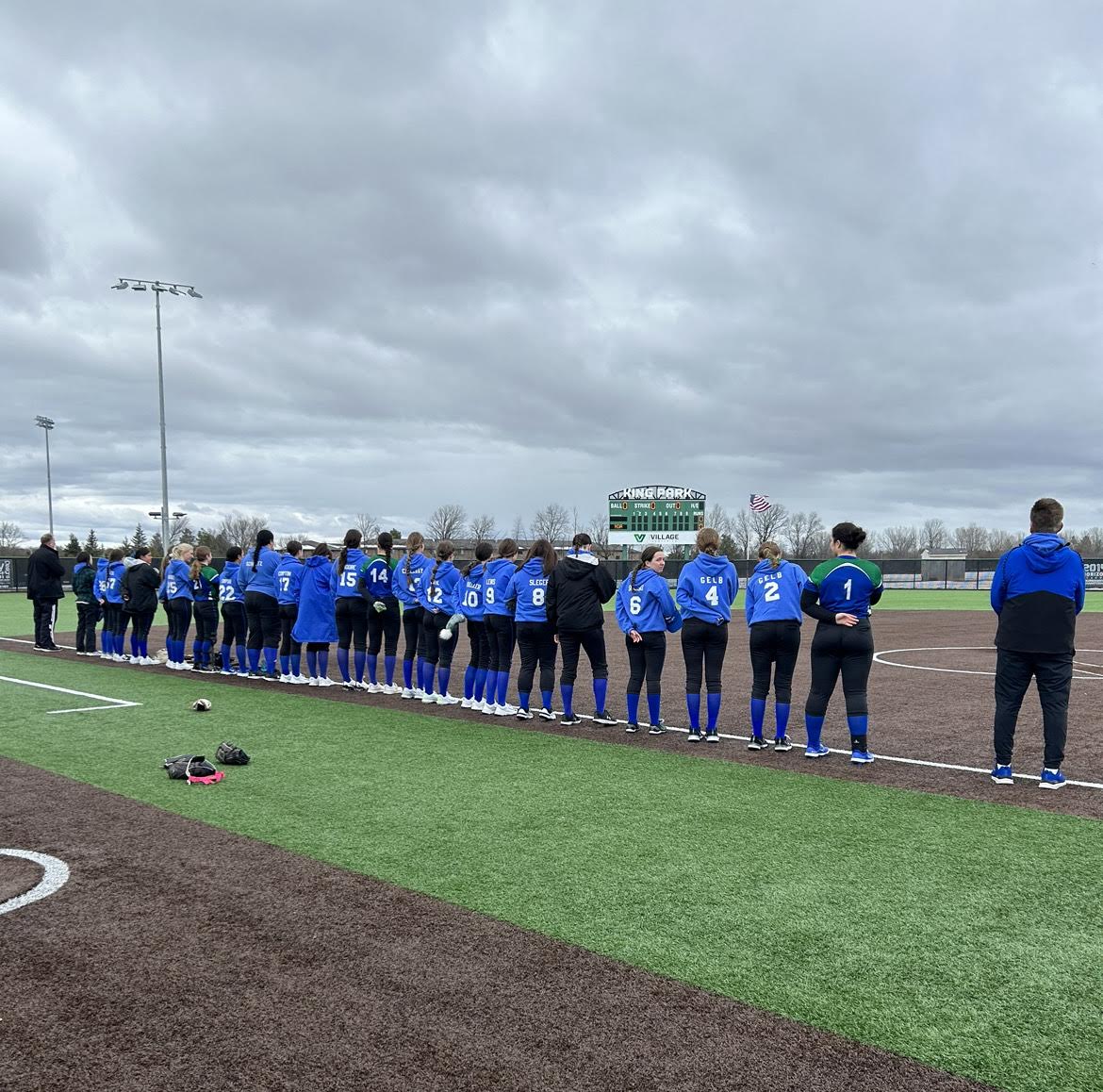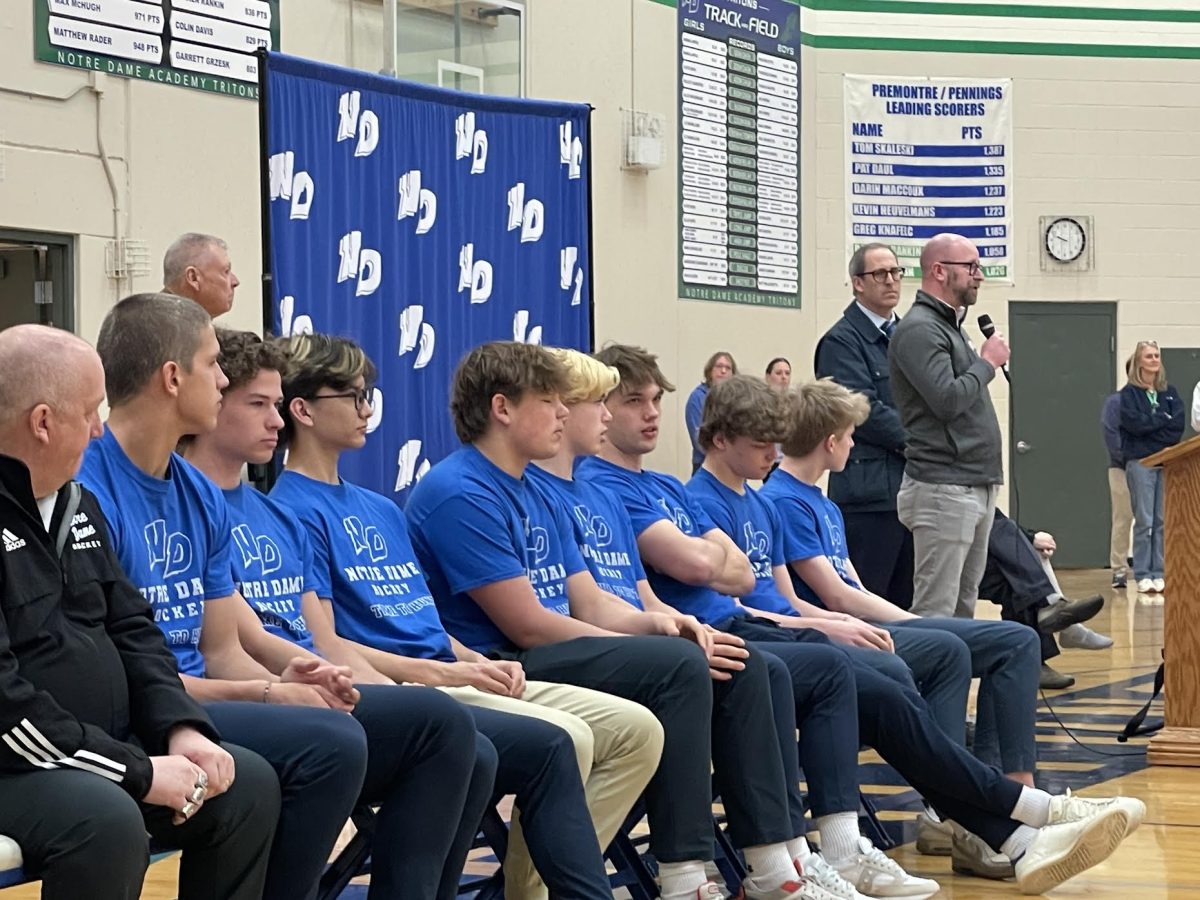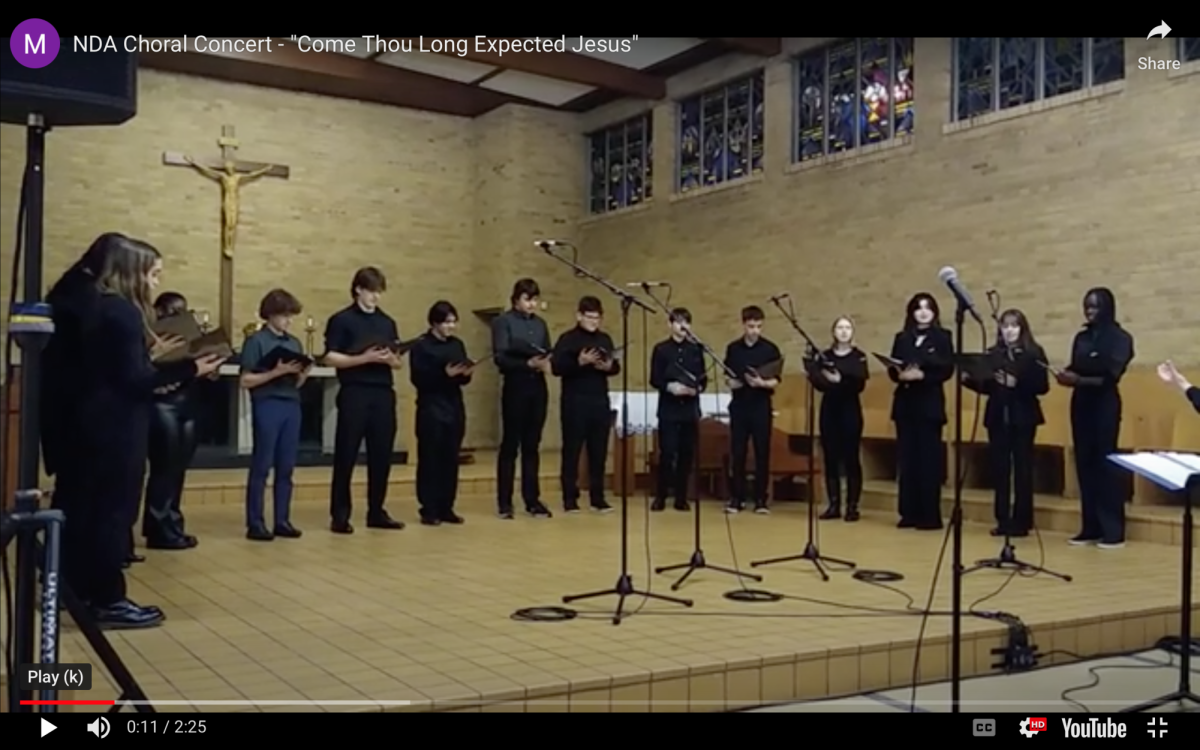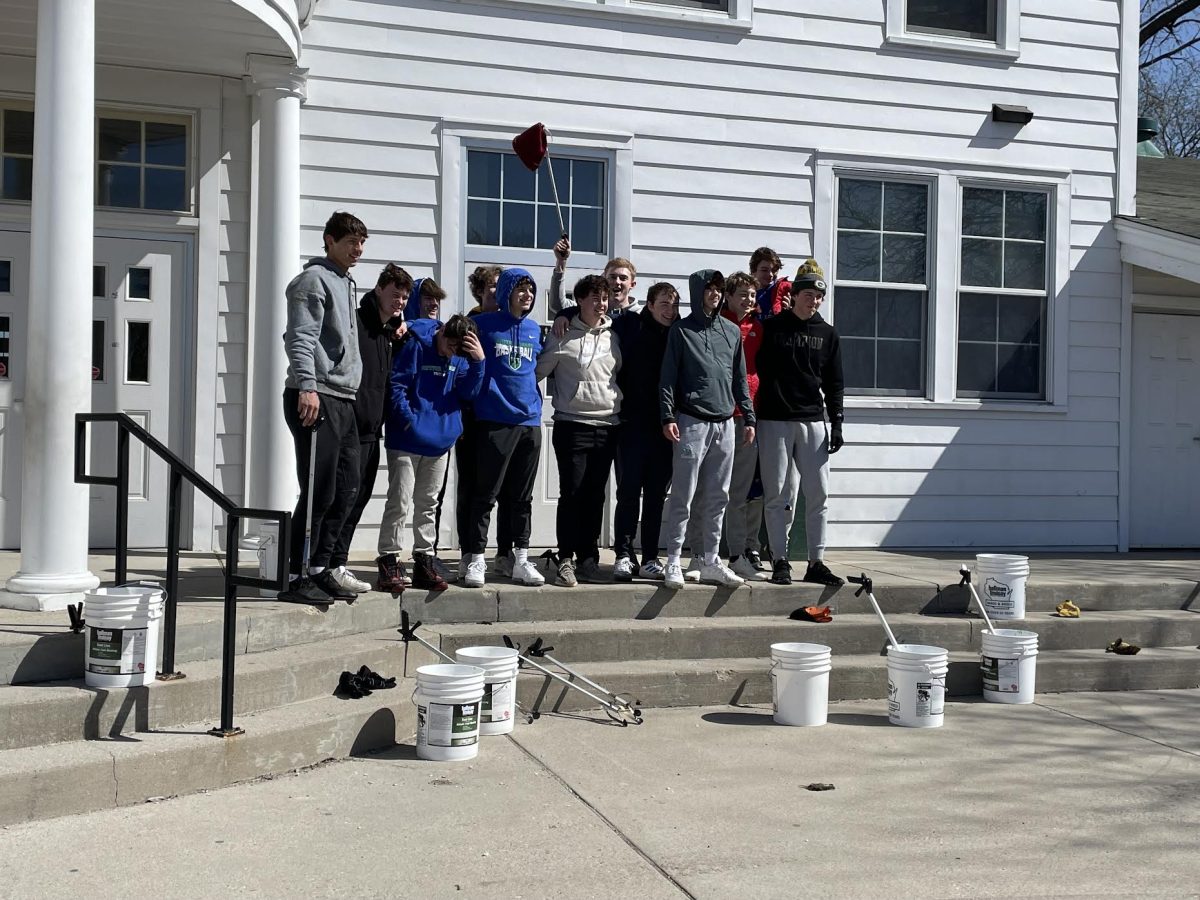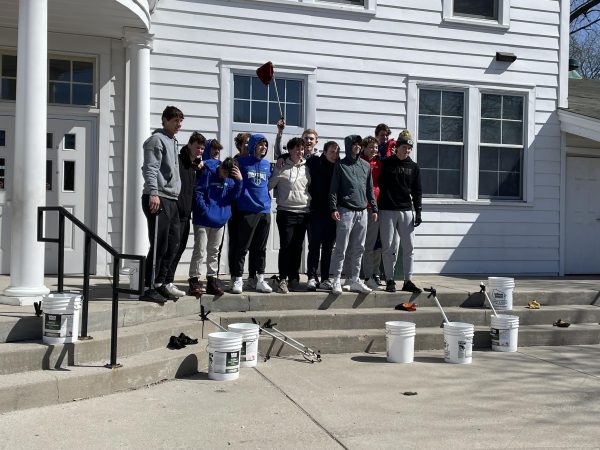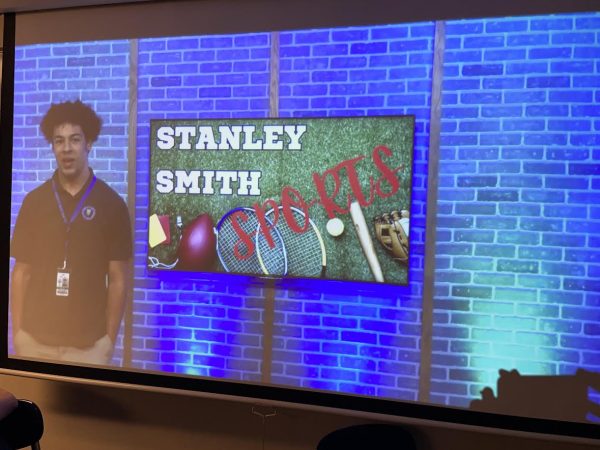If It’s Too Good to Be True, It’s Probably NOT True
March 4, 2019
Just imagine you’ve heard an announcement that Mrs. Brown will be promoting herself for principal at NDA with the slogan: “Open Campus for Lunch for Better Life!” Imagine she is campaigning for more freedom for individuals, healthier lifestyle and less effort, less work for teachers…
What would be your first reaction and how would you treat this information? I would definitely open my social media and immediately post a picture with hashtag #GoLadyBrownGo.
Obviously, everyone needs more free time, especially during school. So, sharing with other students this incredible news and encouraging them to give Mrs. Brown support might be the most likely reaction.
Meanwhile, after checking all comments and likes, let’s take a closer look at the “campaign slogan” and carefully read the meaning of the statement once again. At first glance, it seems great, but what would be some consequences?
Open Campus for Lunch is an almost impossible idea in many ways. Notre Dame is a private school and a strong security policy is one of its most important core values. Therefore, “as a Catholic high school there are enormous expectations by the public,” Mr. Rudar explained. The principal is also under the auspices of the school board members, so it would not be easy to accomplish this goal in one year.
In our daily life, we hear many overwhelming news and reports from social medias, TV stations and politicians. Nowadays, the word “news” is often confused with “opinions.”
Teams of sociologists, who create influential content, focus on the emotions of individuals, which makes it difficult for consumers to rationally analyze the whole situation and understand what’s right and wrong.
Unfortunately, reality might be slightly different than the outrageous example at the very beginning of this article. Using different kinds of hoax and computer tricks creates a confident content.
This influential technique is even more dangerous for direct democracy. Voting in referendums have been affected by political campaigns a few times in the past. In 2016, the UK vote for leaving the European Union was lacking enough information.
The former prime minister Mr. David Cameron announced a new referendum only four months in advance, which initiated an unbelievable commercial campaign by several populist parties.
Asking the right questions, collecting opinions of both sides as well as looking for original resources is recommended by independent studies.


